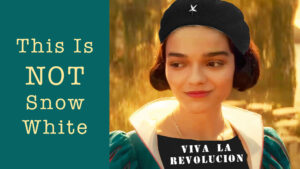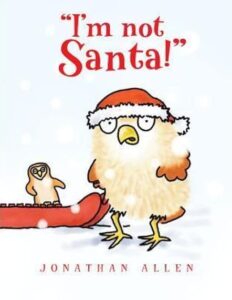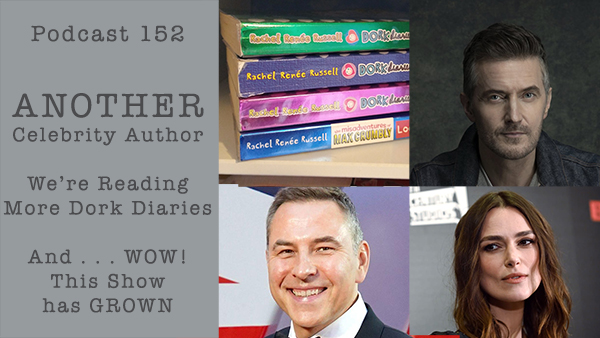I didn’t think I’d have much to say about Disney’s latest live action remake, Snow White, until it actually came out. But unfortunately a new trailer has revealed such substantial changes to the story that I can already say this will have little to do with the beloved folktale recorded by the Brothers Grimm or Disney’s 1937 film, which was groundbreaking not only in its artisty but in its casting choice for the lead role.

In this episode, I briefly show a quotation from filmmaker Dallas Jenkins regarding how to adapt the text of a book into a film. This came from an interview Jenkins participated in on the channel SeanChandlerTalksAbout . You can see the entire interview, which has useful things to say about adapting fiction to the screen, here: https://www.youtube.com/watch?v=ZAhix0coMrs
Also in this episode, hear about my upcoming plans for the show as well as the book we’ve been reading this week: I’m Not Santa by Jonathan Allen. My kids found it at the library and they LOVE it. There’s lots of chances to do funny voices and fake crying, and the more dramatic you go the bigger the laughs will be.


